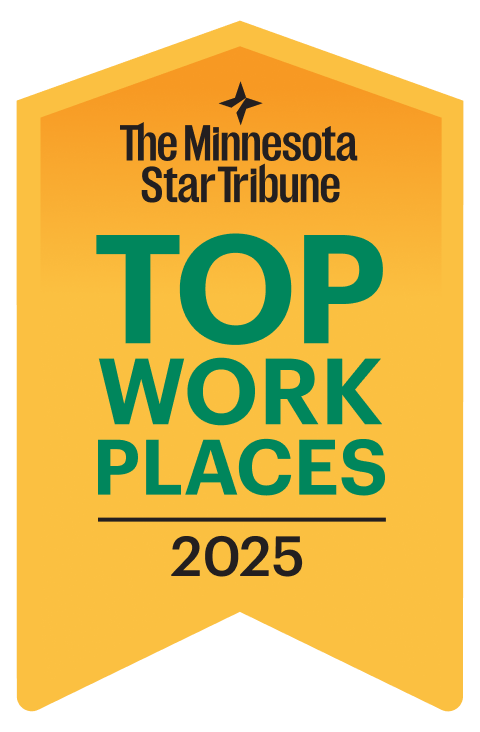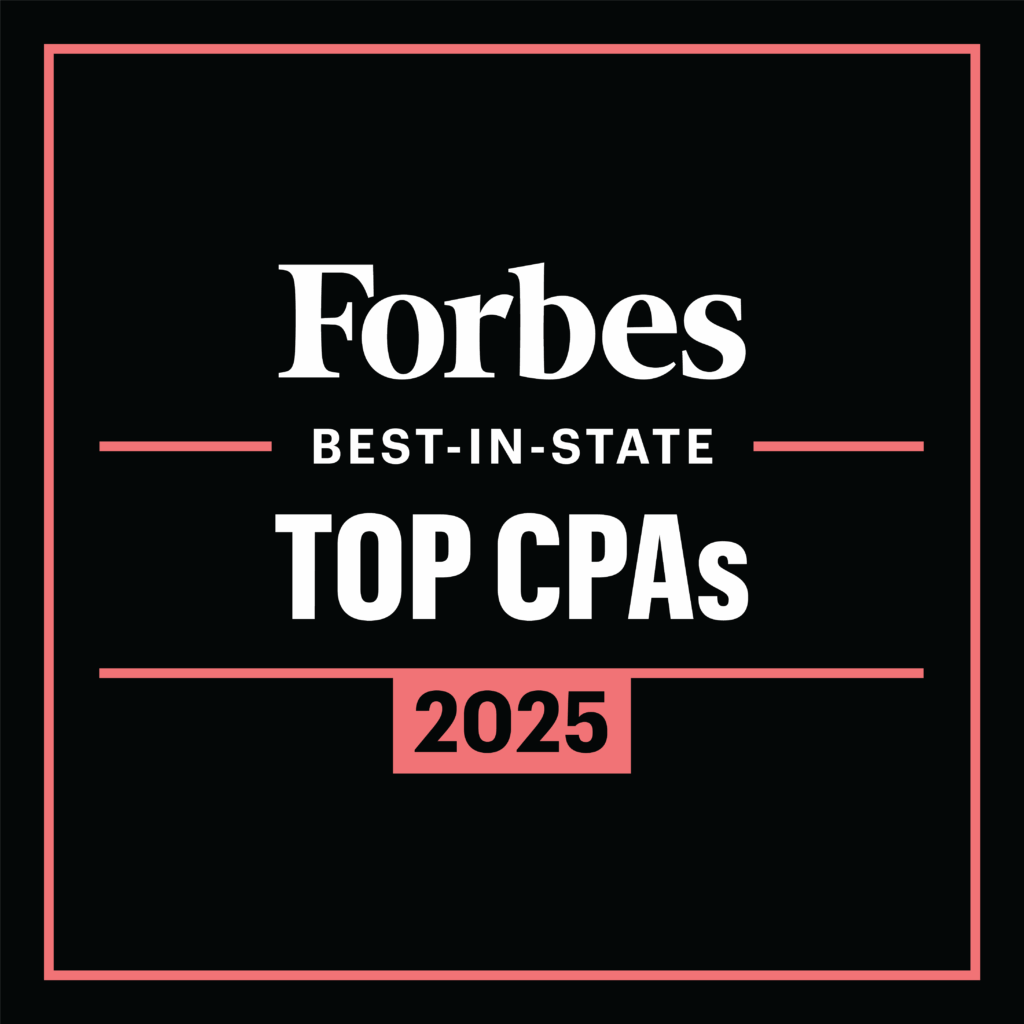
In December 2022, the Secure Act 2.0 was passed. As we get farther into 2023 more conversations are developing around the topic, so we wanted to provide you with a reminder of some of the big takeaways.
Upcoming changes
Required minimum distribution ages increased starting on 1/1/2023:
- Increased to 73 years old until 2032
- Will be increased yet again to 75 on 1/1/2033
Changes to catch-up contributions:
- Anyone making over $145,000 will be taxed on their catch-up contributions in the year that they are contributed to the account (treated as ROTH) beginning in 2024.
- In 2025 the limit for catch-up contributions will be increased to $10,000 to 401(k) and SIMPLE plans for individuals ages 60, 61, 62, and 63.
Automatic enrollment is required for 401(k) and 403(b) plans:
- Plans must start with at least 3% (maximum of 10%) in year 1.
- Each year after that amount is increased by 1% until it reaches at least 10%, but not more than 15%.
Credit for small employee pension plan startup costs:
- 100% of startup costs credit for employers joining a MEP with up to 50 employees
- Phase out begins after 50 employees
- Startup tax credit only applies to the first 3 years that a plan is in existence for tax years beginning in 2020.
Employer matching contributions for student loan payments:
- Employers are permitted to make matching contributions to a 401(k), 403(b), or SIMPLE IRA plan to employees who are repaying their student loans starting in 2024.
Emergency expense withdrawals:
- An exception to the 10% tax penalty for early distributions from 401(k) and traditional IRA plans now exists.
- The exception is for distributions for emergency expenses.
- Limited to $1,000 per year
- Repayment must be made within 3 years
- No additional emergency distributions are permissible during the 3-year period until repayment occurs.
- The exception is for distributions for emergency expenses.
Retirement plans for part-time workers:
- Employers with 401(k) plans are required to maintain dual eligibility requirements for employees to qualify.
- Employees must complete either 1 year of service (1000 hours)
- Or complete 2 consecutive years of service (500 hours)
Please reach out to our experts with any questions, or if you would like expanded information on anything listed.







